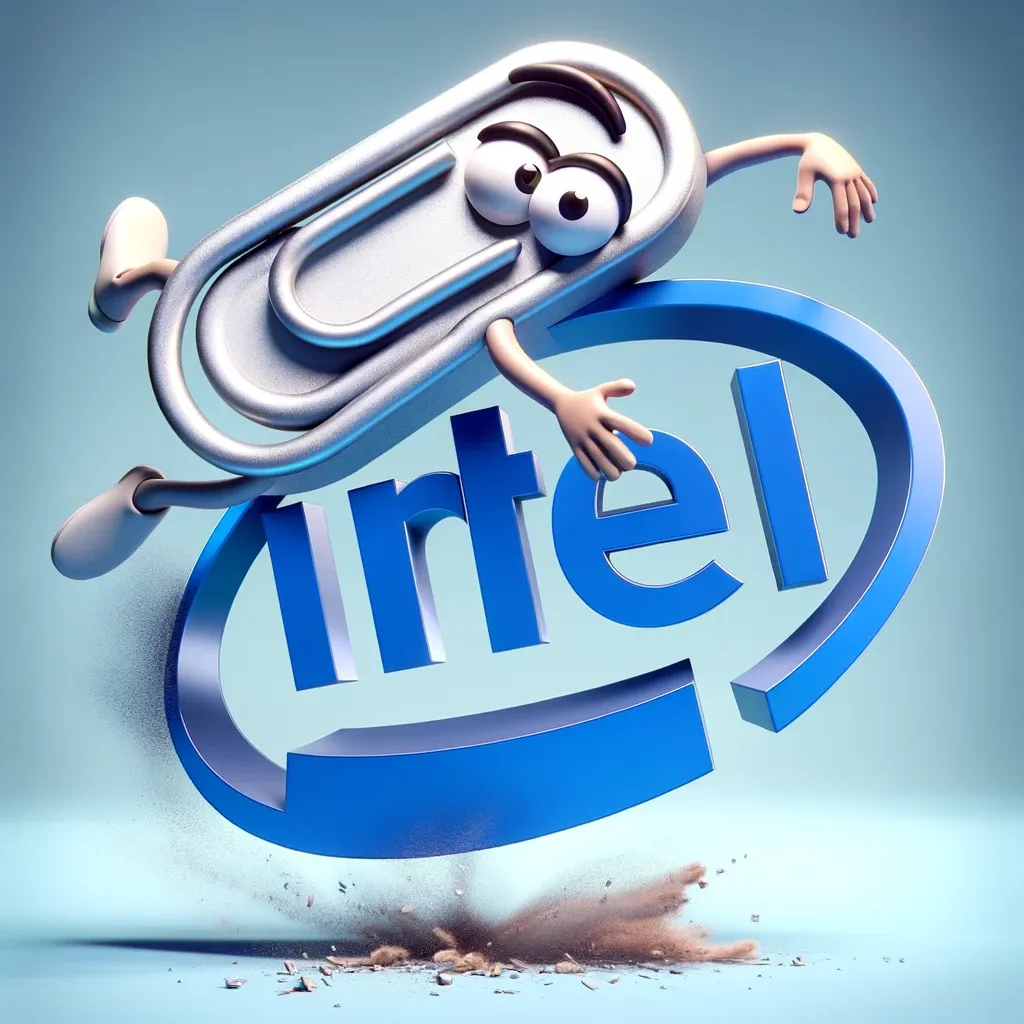Microsoft Kicks x86 to the Curb

In reading over all the various takes from Microsoft's Windows AI, no sorry, PC AI, no sorry, Copilot+ PC AI event yesterday, it's very clear just how oriented it truly was around going after one target: the MacBook and Apple Silicon. And more specifically, the MacBook Air. The jewel of Apple's Mac crown.
Tom Warren's headline says it all, "Inside Microsoft’s mission to take down the MacBook Air". And this isn't a hyperbolic headline. Microsoft kept bringing up the Mac over and over and over again. But actually, I found myself thinking the same thing as John Gruber:
But this highlights my main hardware takeaway from today’s event: the M3 MacBook Air served as a good foil/benchmark for all these comparison — performance, battery, price — but the real comparison was Qualcomm’s Snapdragon X Elite vs. Intel’s and AMD’s x86 offerings.
I’ll go out on a limb and say that today marks the beginning of the end for x86. Either the x86 architecture has reached an inevitable endpoint, or Intel and AMD are just unable to compete talent-wise. (Or both.) But as of today the performance-per-watt gulf between ARM and Intel/x86 is no longer just an Apple silicon thing — it’s now a PC thing too. If there was any chance for Intel or AMD to catch up it had to happen between the M1’s breakthrough introduction in 2020 and now. But they couldn’t do it.
In trying to go after Apple, Microsoft is actually risking quite a bit of friendly fire. While this event was mostly about the new Qualcomm chips, Microsoft is still very much partnering with Intel and AMD on PCs – including, potentially, some new Intel chips. Yet the not-so-subtle undercurrent of the entire event was clear: the x86 chips are shit. A message which Apple also had to more subtly deliver (as they were still partnering with Intel as well back then) nearly four years ago.
I was less subtle in my assessment back when Apple unveiled the M1 in 2020:

As I concluded in that piece:
Again, we have to push the believe button with what Apple is selling right now. But we won’t for long as these machines are just days away. And if the claims hold up, it’s hard to see how the Windows-based ecosystem competes. Sure, the giant gaming rigs with discreet graphics aren’t scared. But the Windows-based laptops should be. How do you compete with this? As is always the case with Apple, it’s not just the hardware, it’s the software custom tailored to run on it. The only way to compete is to do the same thing. Does that mean Microsoft will need to start making their own chips for Surface machines? Well that seems a lot more likely than Intel getting into software…
But unless there have been skunkworks projects deep inside Redmond that are much farther along than the complete and utter lack of leaks would indicate, we’re years away from that being a reality. Maybe longer.
So yeah, the makers of PC laptops should be terrified by all of this. It’s like when Steve Jobs took the original MacBook Air out of the manilla envelope — except the inverse. The form factor there glossed over what was a fairly sub-par machine. Here, the form factor is dated because everyone copied it. But the performance is the showstopper. And it’s going to be a lot harder to copy. Microsoft should be rushing to acquire a chip maker. And Intel should be… hoping Microsoft calls.
Well, that's all basically right, except that Microsoft ended up partnering with Qualcomm (at least for now), which is the company that ended up acquiring the chip maker (with an ex-Apple Silicon team, no less). And now, here we are, the return of the Windows laptop and the end of x86.
Back to Gruber:
The saddest part of the event were the cursory appearances — both by pre-recorded videos, despite it being an in-person event in Redmond — of Intel CEO Pat Gelsinger and AMD CEO Lisa Su. Their token appearances felt like Microsoft pretending they haven’t moved on from x86, during an event whose entire theme was, effectively, “moving on from x86”. Qualcomm’s Snapdragon X Elite is only being compared to Apple’s base M3, so it’s still up to Intel and AMD to offer chips with performance on the level of the M3 Pro and Max, but the writing is on the wall. The future belongs to ARM system architectures.
Wintel outside 😦


